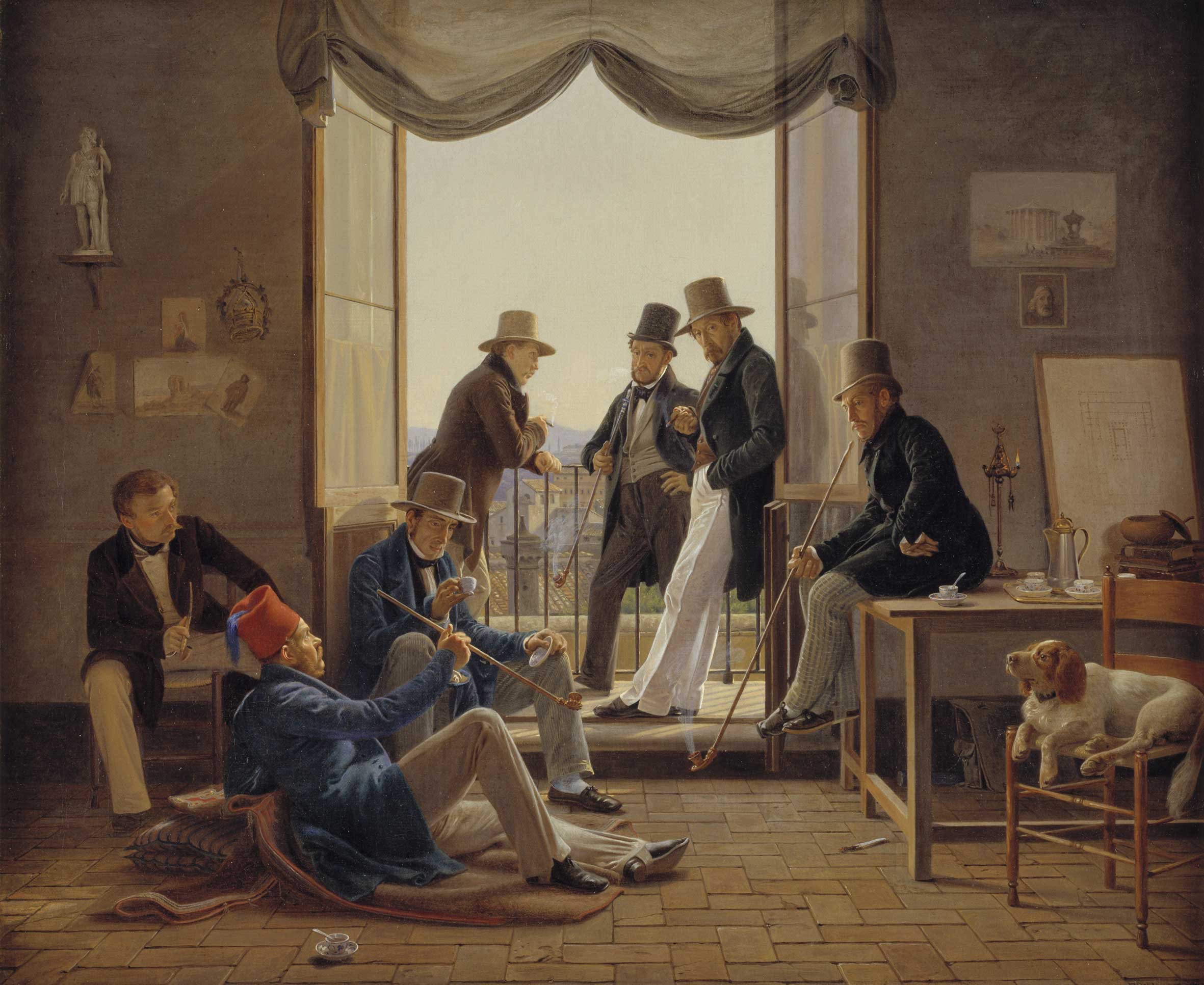When I was a kid, my favorite time of day was bedtime. Not because I was particularly fond of sleeping, but because it meant storytime. My mom would settle beside me with a book, and for a while, we’d escape into a world of adventures, laughter, and sometimes a few tears. Looking back, I realize those stories did more than just entertain; they were laying the groundwork for how I would view the world.
Storytelling, in all its forms, has an incredible power to shape our lives. It’s not just about getting lost in a novel or a movie; it’s about understanding ourselves and others better. Stories aren’t just words on a page or scenes on a screen; they are reflections of human experience, distilled into narratives that help us make sense of our own journeys.
Think about the last time you read a book or watched a film that really stuck with you. Maybe it was a character that reminded you of yourself or a plot twist that challenged your perspective. These connections aren’t accidental. Stories create empathy by allowing us to step into someone else’s shoes. We’re not just passive observers; we become part of the story, sharing in the characters’ triumphs and failures.
Take, for example, Harper Lee’s “To Kill a Mockingbird.” It’s not just a story about a young girl in a small town; it’s a narrative that confronts issues of race, justice, and morality. Reading it as a teenager, I found myself questioning my own beliefs and the world around me. It pushed me to think critically about fairness and prejudice, lessons that are as relevant today as they were when the book was written.
But storytelling isn’t limited to books. It’s in the anecdotes we share with friends, the family histories passed down through generations, and even the social media posts we scroll through every day. Each of us is a storyteller, and every story has the potential to resonate with someone else. I remember a time when a friend shared a personal story about overcoming a difficult period in their life. Their vulnerability and honesty were a reminder that we’re not alone in our struggles, and it sparked conversations that brought us closer together.
Stories also teach us resilience. In literature, we often see characters face enormous challenges, sometimes failing, sometimes succeeding, but always learning and growing. This mirrors our own lives. When we see characters persevere, it inspires us to do the same. J.K. Rowling’s “Harry Potter” series, for instance, is filled with themes of courage and friendship, showing us that even in the darkest times, there is hope and light.
The power of storytelling lies in its ability to connect us, challenge us, and inspire us. It’s about more than just entertainment; it’s about understanding the human condition. As we share and listen to stories, we learn not just about the world and others, but about ourselves. In the end, every story adds a little more depth to our understanding and a little more warmth to our hearts. So, let’s keep telling stories, because in doing so, we continue to shape our lives and the lives of those around us.




